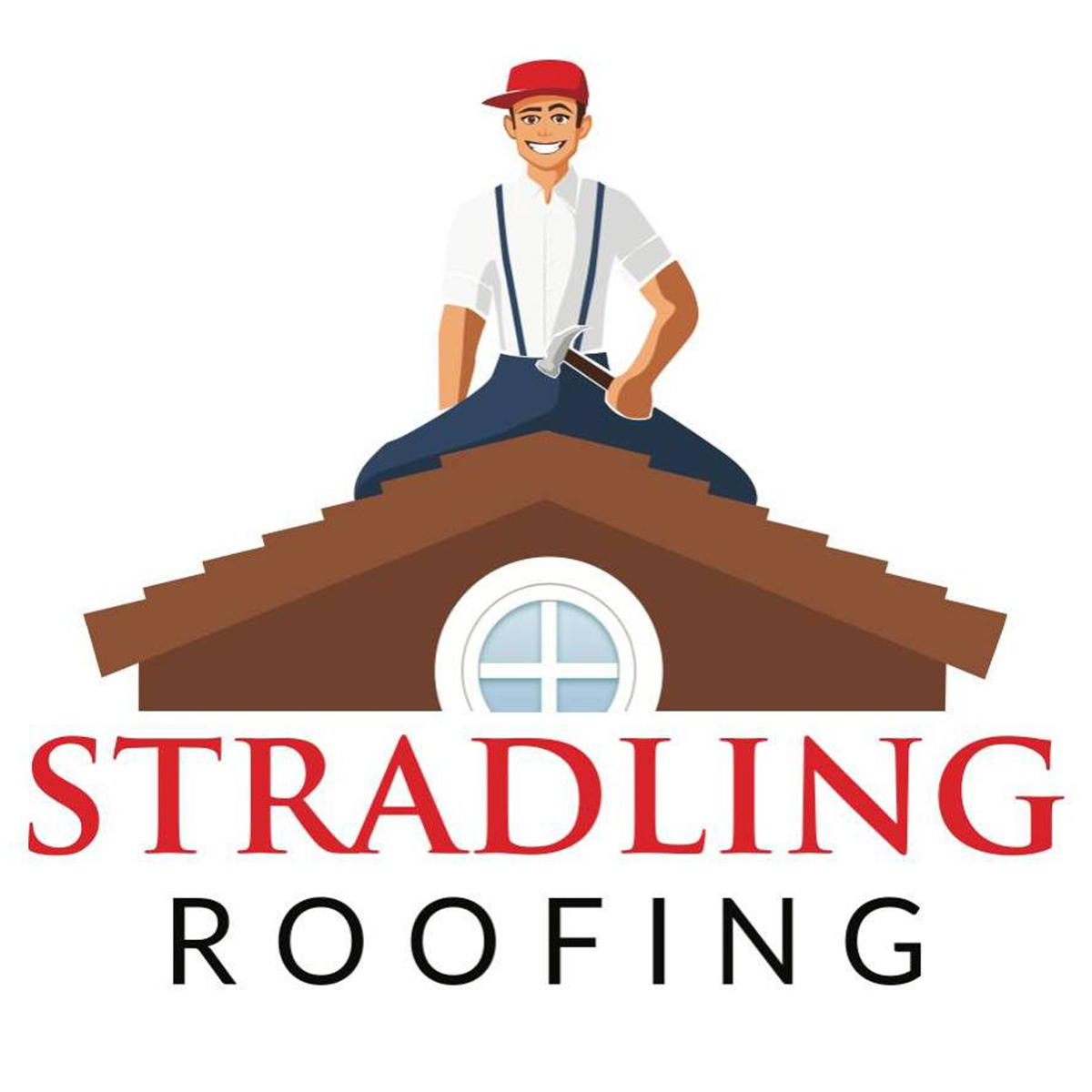What’s Included in a Standard Tile Roof Inspection?
You probably know by now that your roof is one of the most significant parts of your property, and you must care for it excellently. This means caring for and maintaining your roof regularly. Besides that, it’s also important to have a standard tile roof inspection conducted by a professional contractor.
But you’re probably wondering – what’s included in a standard tile roof inspection? Read on to learn what to expect in roof inspections!
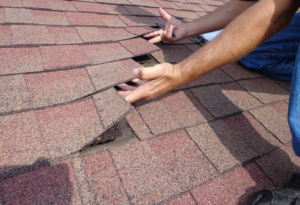
What’s Included in a Standard Tile Roof Inspection?
A standard tile roof inspection is a routine checkup of your roof’s integrity. Homeowners would have their roofs inspected or even conduct it themselves for various reasons. It may be to check for any storm damage, check why they experience leaks, or determine any life left on roofs when inspecting a home they want to purchase.
Most homeowners would schedule a standard tile roof inspection after severe weather conditions, before selling their homes, or buying a new one. You can also expect your roof to require an inspection when renewing home insurance policies or changing insurance carriers.
However, it’s also essential to have your tile roof inspected every 5-6 years and when experiencing any roof leaks or ceiling stains. While tile is a strong material, they are also prone to damage due to Phoenix’s extreme weather and heat!
So, what should you expect when hiring someone for a standard tile roof inspection? Here are the points to look into:
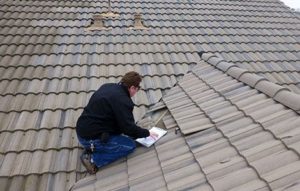
What Happens During the Standard Tile Roof Inspection
When hiring a professional roof inspector, they will check a few things, such as apparent signs of leaks or damage and wear and tear on aging roofs, among other issues that may come from poor installation, maintenance, or weather. Here are the things your roofing inspector would watch out for:
- Any debris or vegetation on the roof
- Broken shingles or tiles
- Rust or other signs of deterioration on the roof flashing
- Clogged gutters
- Clogged roof valleys
- Cracked and failing seals from roof penetrations like plumbing vents, pipes, attic vents or fans, etc.
- Delaminating roof materials or lifted overlaps on flat roofs
Most roof inspections are broken into four categories to ensure each aspect of the roof is inspected:
- Structure
- Material
- Interior
- Workmanship
Besides that, roof inspectors will check the gutters, soffits, chimneys, and other systems associated with the roof’s function and ability to protect the property. To do so, inspectors will conduct an exterior and interior inspection.
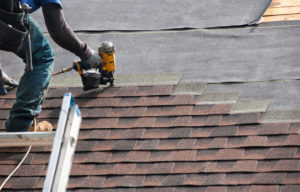
Exterior Roof Inspection
The first part of a standard tile roof inspection includes checking any drainage patterns of your home and worn-out areas from the ground level. Afterward, the roof inspector will climb up the ladder to the roof for a better look.
Inspectors will watch out for leaks, damaged shingles, loose granules, and other problematic spots on the roof. Some may circle problem spots with washable chalk so they won’t miss it when completing their report.
Furthermore, inspectors will check the roof joints, including the dormers, sidewalls, and valleys. This is to ensure all flashings are adequately sealed. Here are the other things an inspector will watch out for during the exterior roof inspection:
- Rust spots or cracked caulk on flashings
- Missing, broken, buckling, blistering, or curling shingles
- Cracked or worn rubber boots on the vent pipes
- Large groups of lichen or moss may indicate roof decay
- Mold or roof rot
- Any leaks
- Signs of structural problems like sagging roof decks
- Gutters’ structural integrity
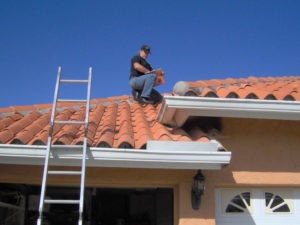
Interior Roof Inspection
After noting all problem spots on the exterior part of the roof, your inspector will need the check the interiors to identify any serious conditions hidden during the exterior inspection. After all, insulation and ventilation are a significant part of your roof’s lifespan and integrity!
If there are signs of mold, moisture, or sagging, it can lead to costly, major repairs. An inspector will watch out for the following as they check the interior:
- Moisture around fireplaces
- Dark areas on the ceiling
- Peeling paint
- Concave areas on the ceiling
- Any leaks
- Water stains on pipes near furnaces or water heaters
- Mold or rot on wood rafters
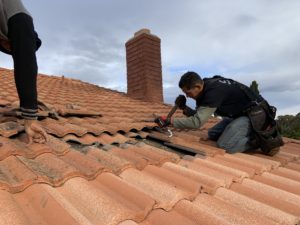
After the Standard Tile Roof Inspection
After the standard tile roof inspection, the result will depend on what the inspector finds on your roof and the condition. If your roof requires repairs, the inspector will create and send a written estimate for such repairs, along with a scope-of-work document.
However, if your roof doesn’t require any repairs, the inspector prepares and sends a written inspection report. Regardless of whether your roof requires repairs or not, it’s crucial to get inspection reports. You can use this to send to your home insurance company or if you plan to sell your house.
Can You Do a Roof Inspection Yourself?
Yes, this is possible to conduct your own roof inspections for maintenance purposes as long as you have the proper equipment to do so.
That said, it’s best to leave the roof inspections to experts, especially after storms or if you notice any signs of roof damage. Reputable inspectors can pinpoint the problem and where it starts, along with what repairs are required. If you ignore regular roof inspections, it can cost you a lot in repairs in the long run!
Moreover, inexperienced homeowners may be more at risk of accidents when on the roof. Plus, it may be difficult to spot any damage or worrying problem areas with the naked eye.
Wrapping It Up
A standard tile roof inspection is crucial to help increase your roof’s longevity and spot problem areas to avoid wasting a considerable amount of money on repairs that could have been prevented. You must hire a reputable contractor to perform these inspections once every 5-6 years or after severe weather conditions.
We hope our article on what to expect in a standard tile roof inspection helped you out! Now that you know the answer, contact us now and we can book a roof inspection for your property needs.
